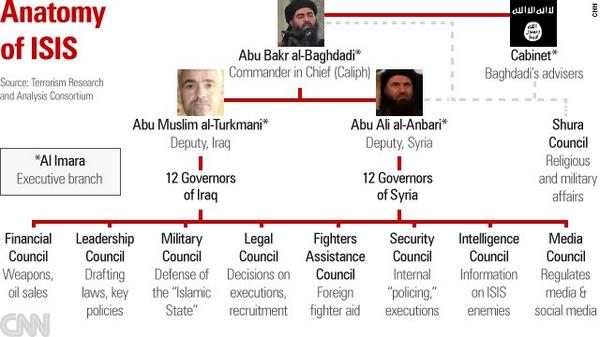http://lifeinthefastlane.com/5-lessons-learned/
From the Life in the fast lane blog - excellent medical blog. Awe-inspiring writers. 5th anniversary.
Check out the blog.
This week marks LITFL’s 5th blogiversary and the end of another roller-coaster year.
Over the last 5 years we have published
5000 posts/pages, had >20,000,000 page views and currently open our
doors to 50,000 visitors a day. We have seen FOAM go mainstream by
becoming an integral part of textbooks and journals as well
as stimulating a significant increase in online access to
asynchronous medical content globally…for free.
But this has come at a cost
Here are 5 thoughts about the last 5 years. 5 mistakes I have made
and lessons I have learned. Unfortunately I learned these lessons too
late. I hope that recording them now will help others in the future.
1) Family comes first
Altruism requires motivation. Not the motivation of fame and fortune
but the motivation to do the right thing and innovate to make change for
the greater good. Joining forces with like-minded individuals creates a
sense of community and drives the process forward as a collaborative
tsunami…
But, the online community is virtual – it is not real.
True, you may meet these kindred souls and shake their hands, but the
online community is not tangible. The support you afford it is
recordable in statistics but not in the innocent smiles and warm hugs of
your real family. Social acceptance of a well-timed snapshot can never
replace the depth of gaze, breadth of smile and nod of appreciation that
you were there – in person.
Family comes first – always.
2) The cost of free is immense
The majority of the resources we use, advocate, promote and build are
free to the end-user. They provide primary resources for clinical cases
and research, and secondary opportunities for discussion and
asynchronous education. FOAM perpetuates the expectation that limitless
resources should be open access and available to all…for free
But nothing in this life is free – someone always pays.
Payments range from the financial cost of hosting, developing and
deploying software through to the physical amputation of time and the
emotional burden of expectation.
Be wise about what you are building and understand your limitations…then follow steps 3, 4 and 5 to keep hold of reason 1
3) Learn to say NO
Of course you want to say Yes to everything, after all you are riding
the crest of a wave – making a difference. Your time is yours to give,
the requests are only small and they will benefit the greater good.
But the requests don’t stop.
They are genuine enough and appear small, even paltry to the requestor – ‘surely just a minor talk here or a quick chapter there is not too much to ask – nobody is that overloaded with work!’ Then they become larger, more frequent and more onerous often involving travel, expense and time – and the pressure mounts.
Isolated requests aggregate, accumulate and coalesce as an asphyxiating tide of failed promises.
Nip it in the bud early. Multi-tasking is a myth. Value your time –
not in monetary terms – but in terms of self-preservation. Do well what
you do well. Remember – just because you can write eloquently does not
mean that you can lecture well; just because you can code, does not mean
you have to code for the world and because you have done a favour once
does not justify a lifetime of service.
Individuals learn a lot by finding their own way through the maze.
Sure, you can record the path you have taken with petals of prose and
illuminate the darkest passageways with insight – but limit physical
hand-holding to helping your kids cross the road…
4) Learn who to trust
Altruists are in general open and honest – but don’t expect everybody around you to have the same ideals and principles.
For example your ‘open and honest‘ approach to life can easily be interpreted as ‘easy prey cash cow‘
to a malignant narcissist. Avoid potentially cataclysmic tribulations
by learning to identify and distrust individuals with narcissistic
traits. Protect your intellectual property and practice
self-preservation principles even if it appears to be against your
naturally trusting nature.
People are better at receiving than giving – if you are a giver, give wisely to prevent a vicious cycle of expectation.
5) Accept assistance
You are not a one man show.
Embrace the community and join forces with like-minded peers. Look to
institutions and groups to share the writing, financial and educational
load. There are many amazing people in this world – reach out and make
the world a better place
…and always remember

About Mike Cadogan
Emergency physician with a passion for medical informatics and
medical education. Co-founder of
HealthEngine. Asynchronous learning
#FOAMed evangelist |
@sandnsurf |
+ Mike Cadogan |
LinkedIn'
 is entitled to partial support at one of thirty colleges of her choosing, the pageant multiplies the scholarship by thirty, even though the winner will attend no more than one of them.
is entitled to partial support at one of thirty colleges of her choosing, the pageant multiplies the scholarship by thirty, even though the winner will attend no more than one of them.
